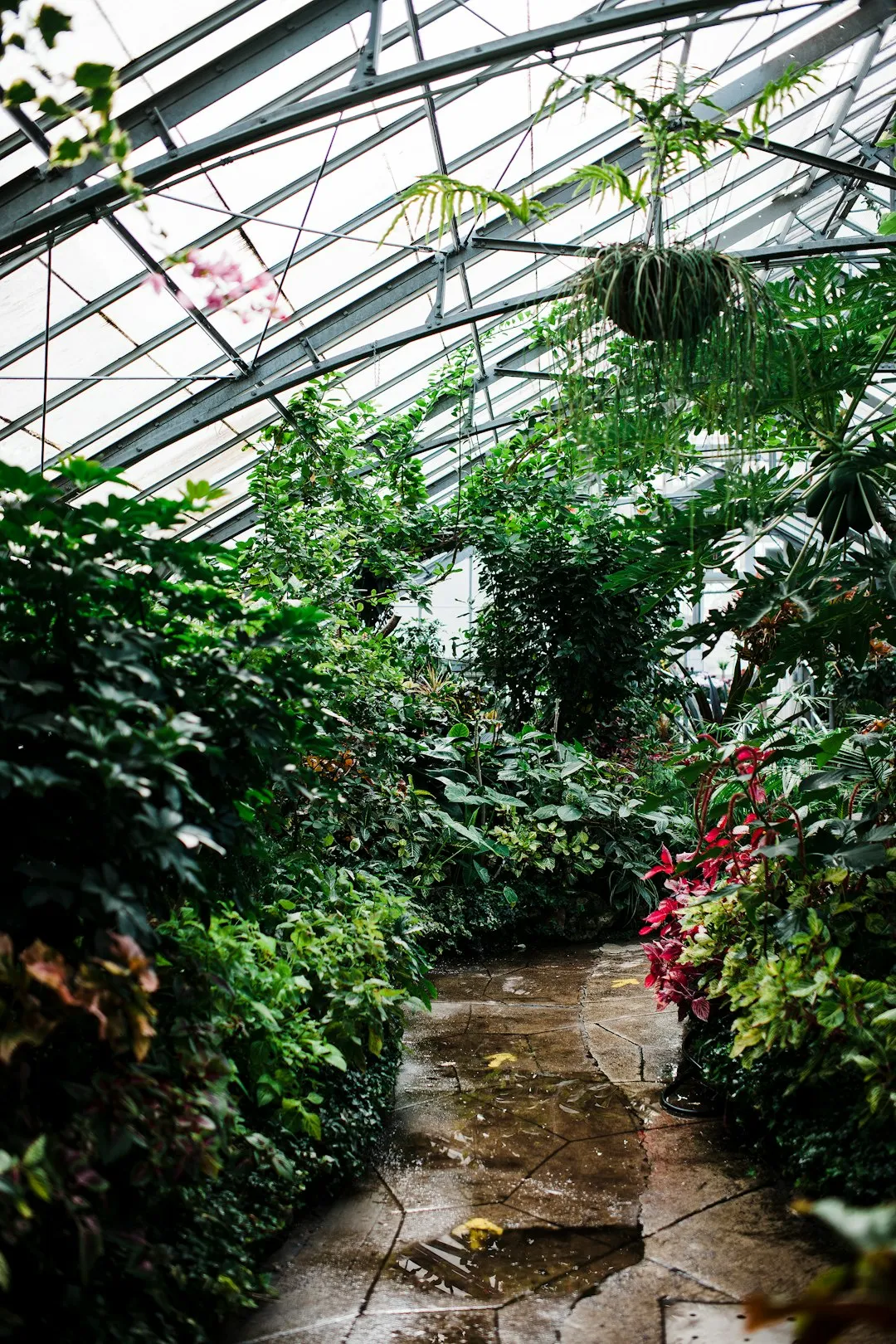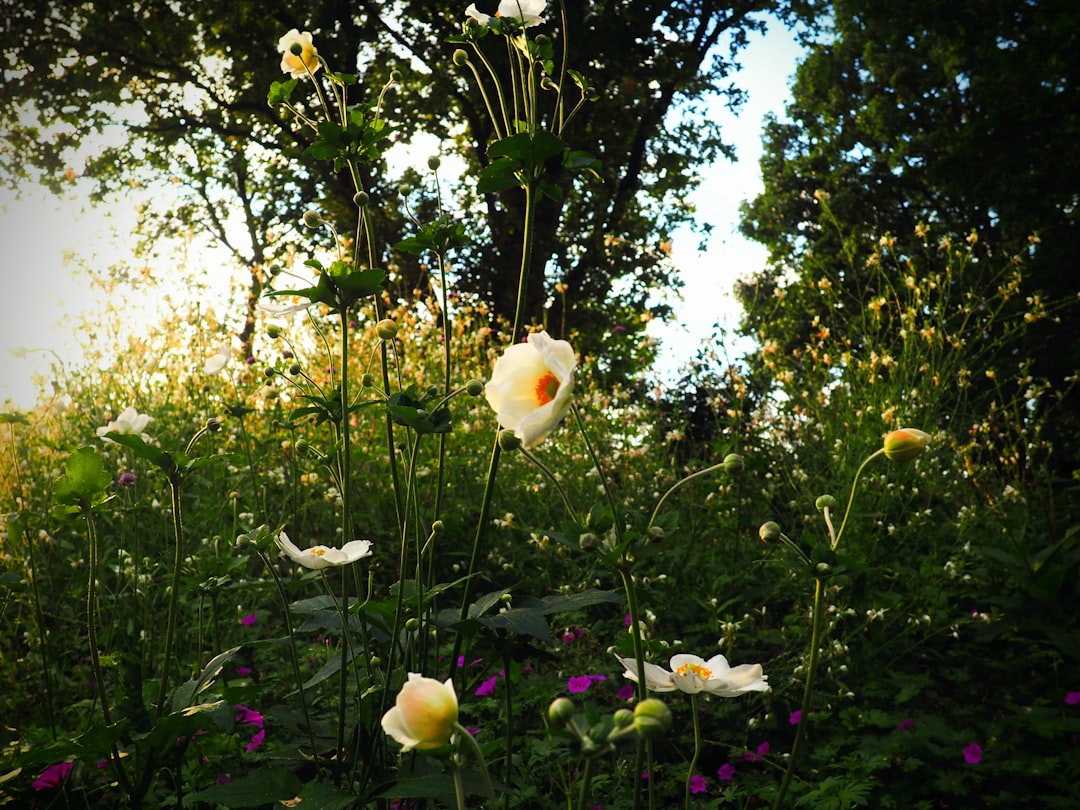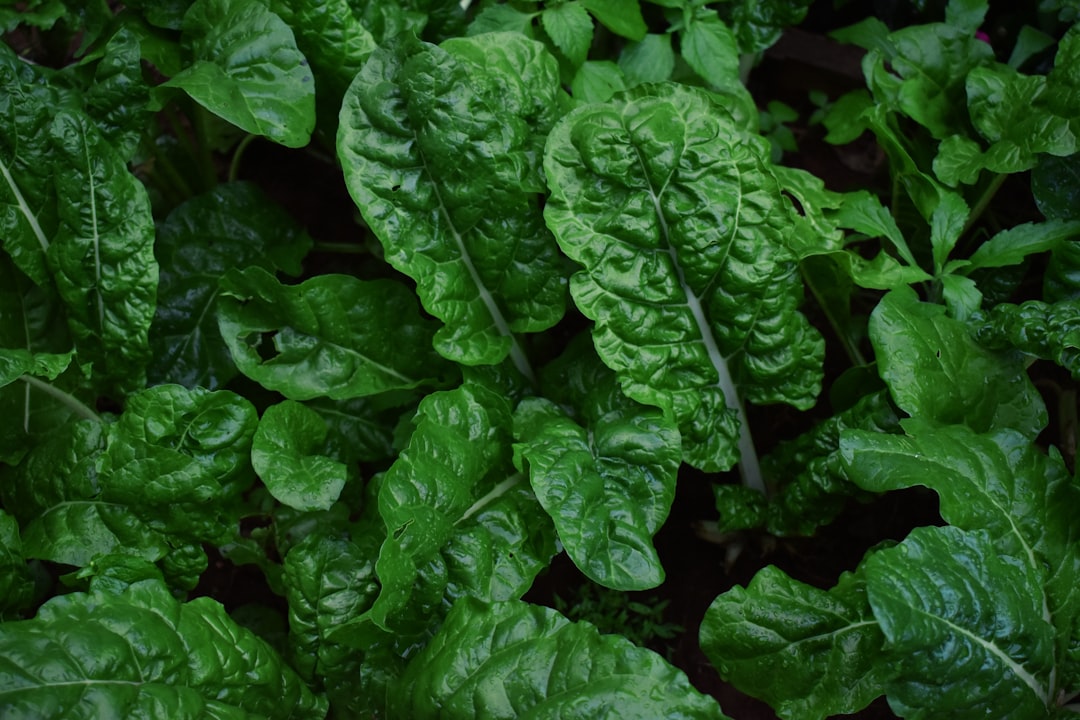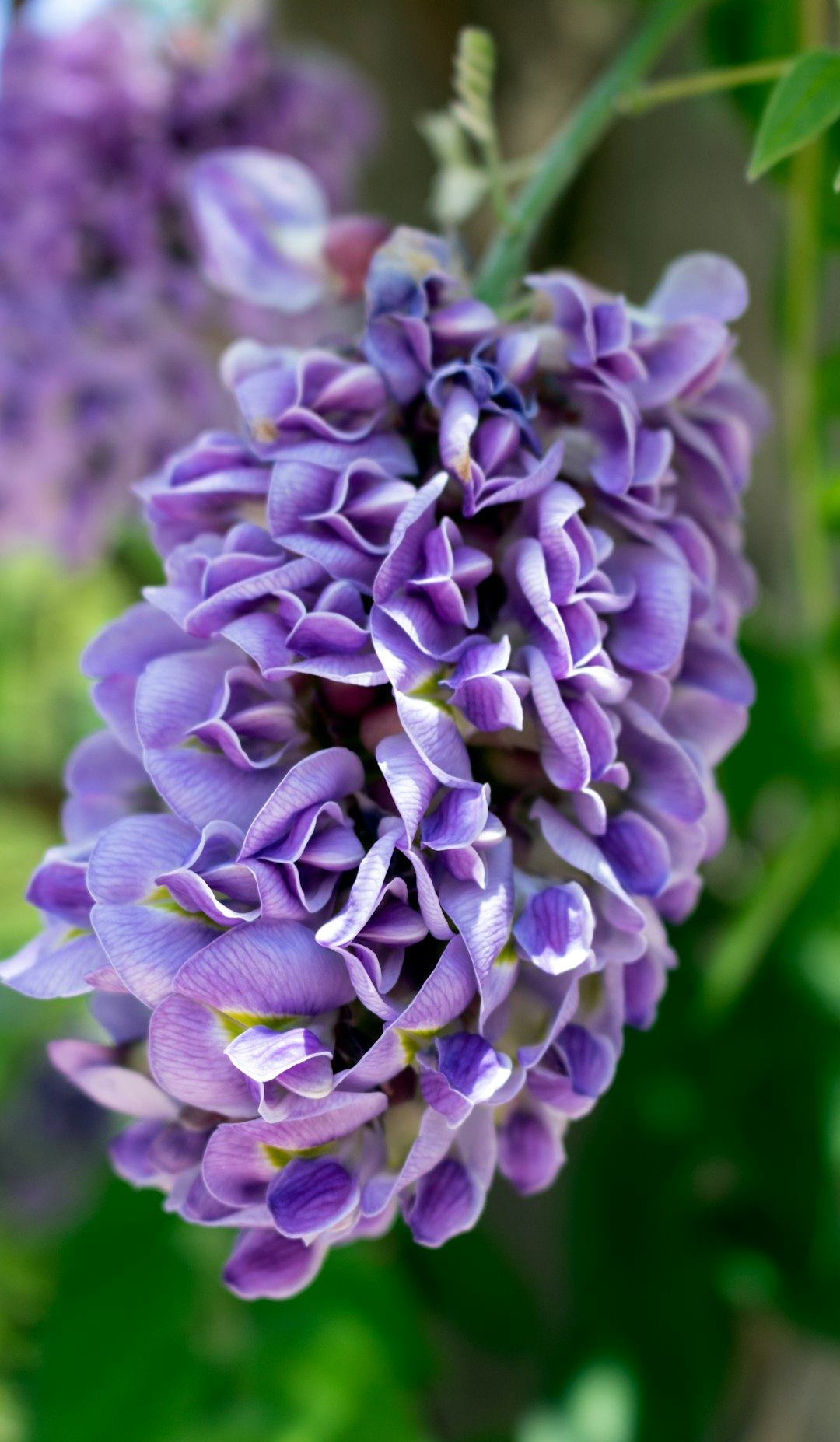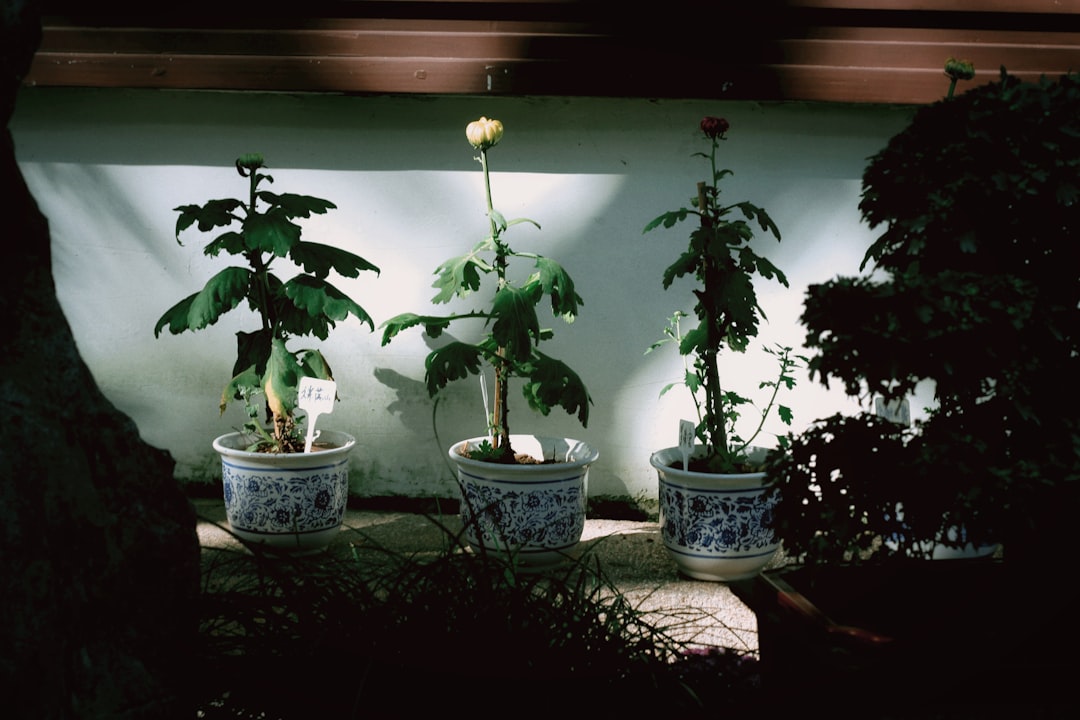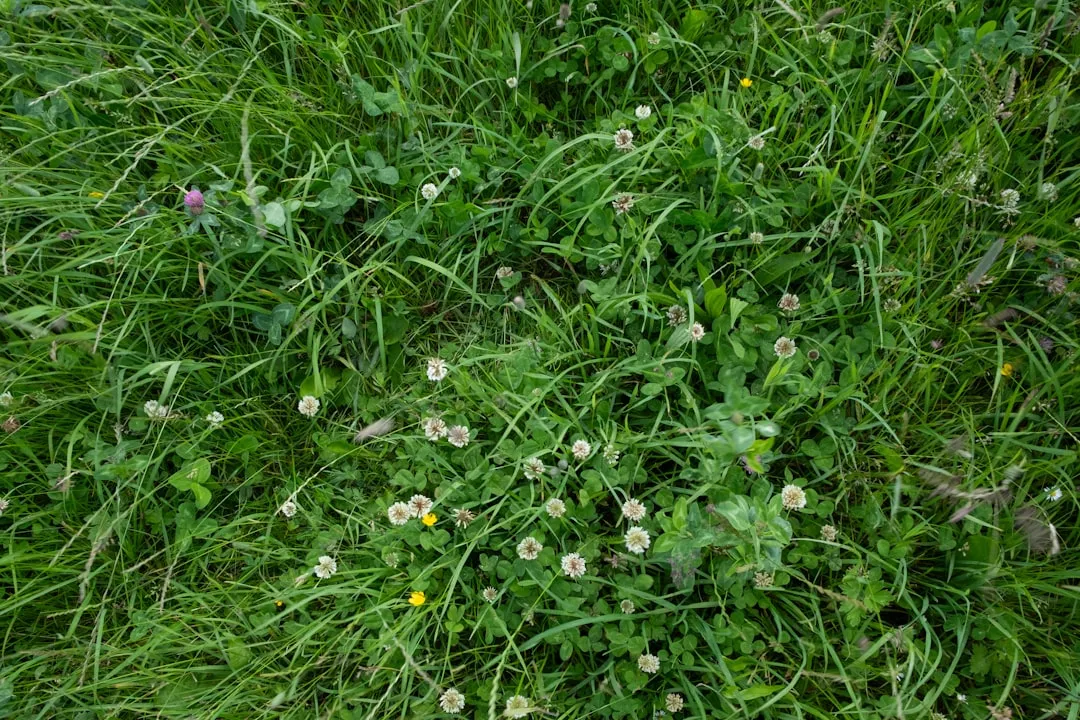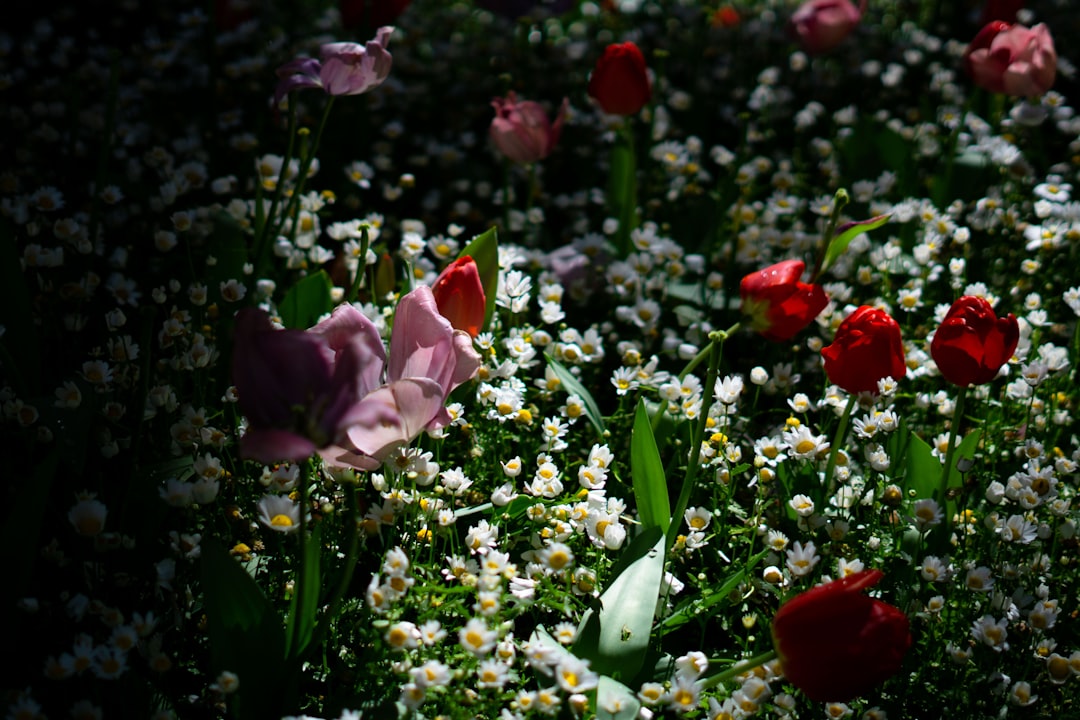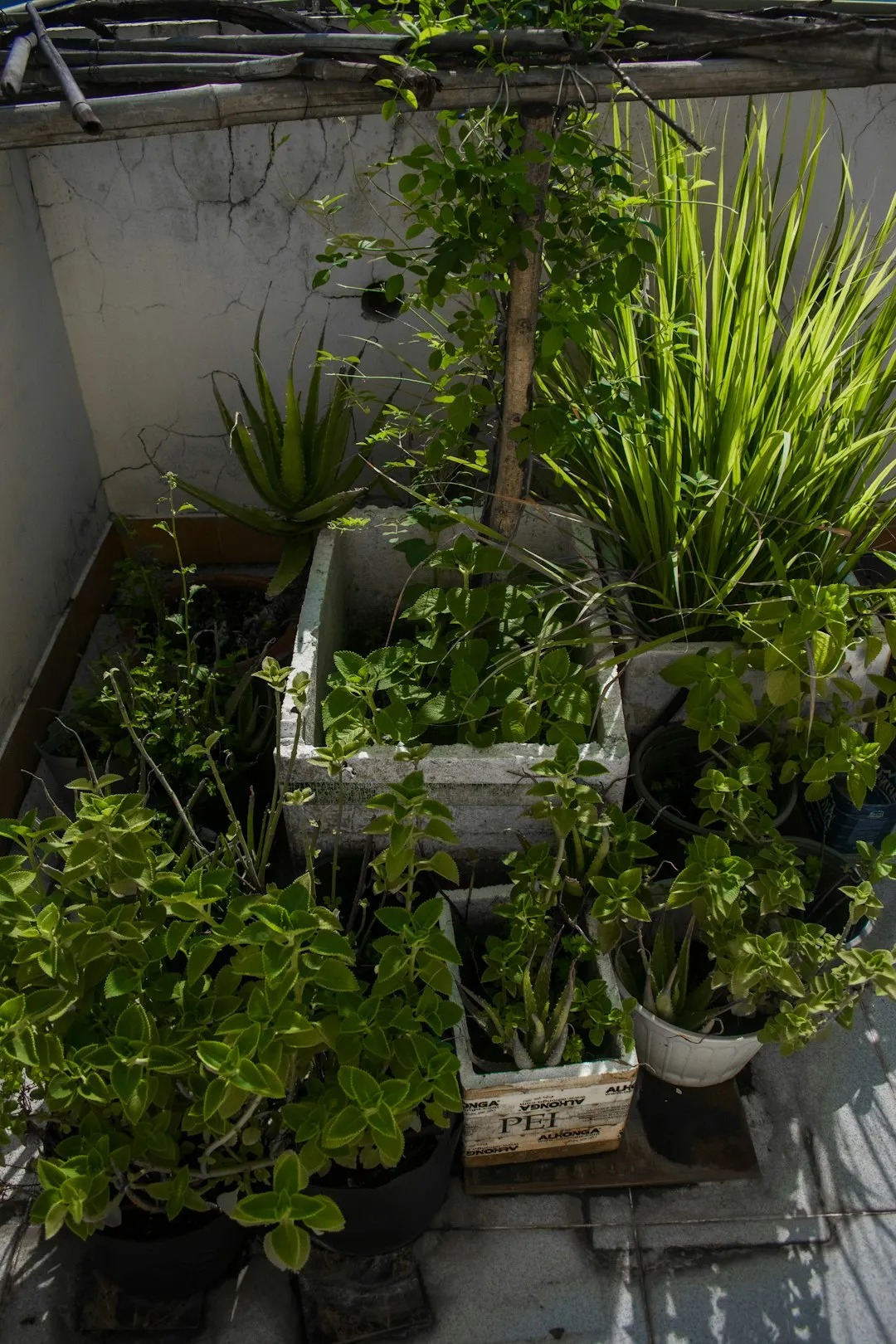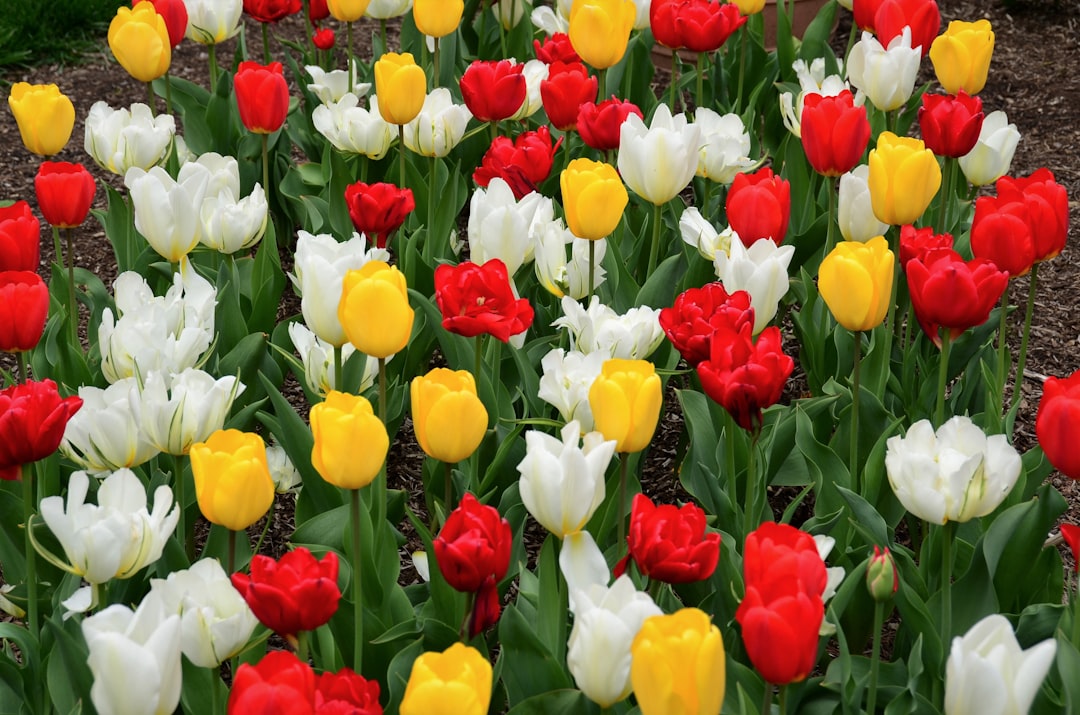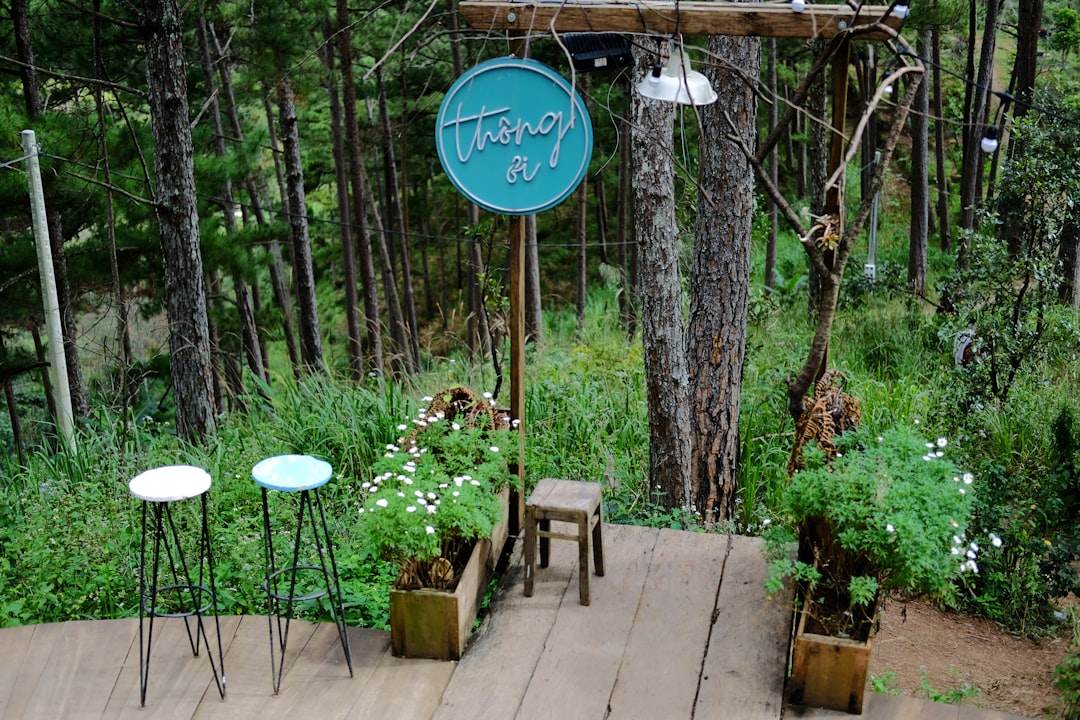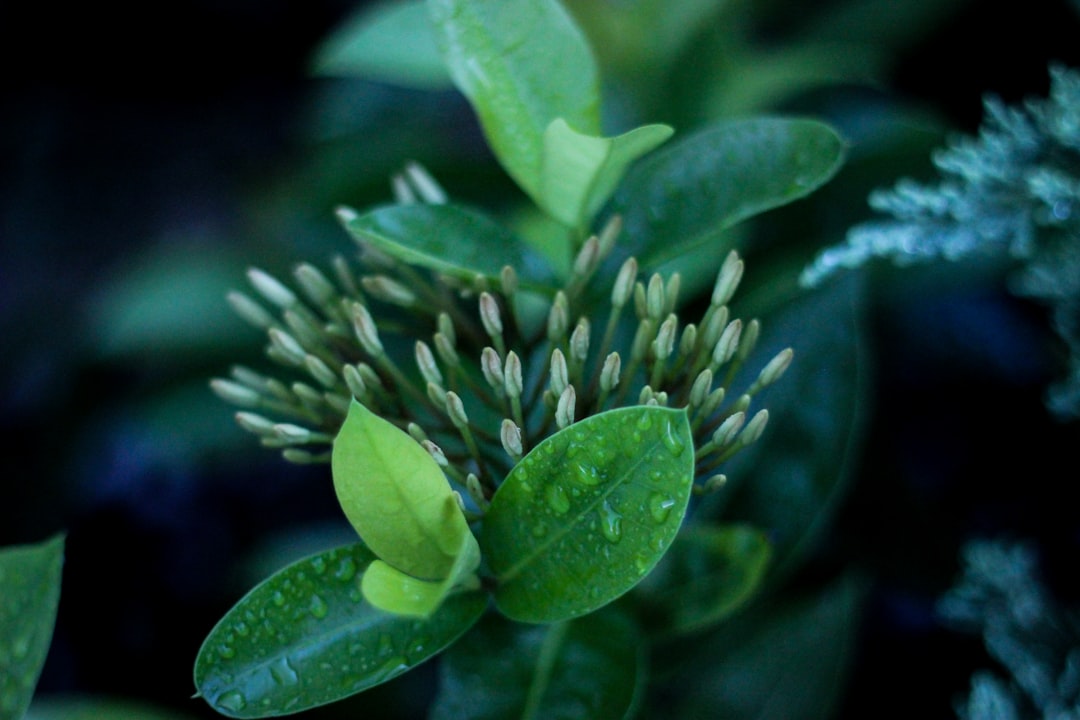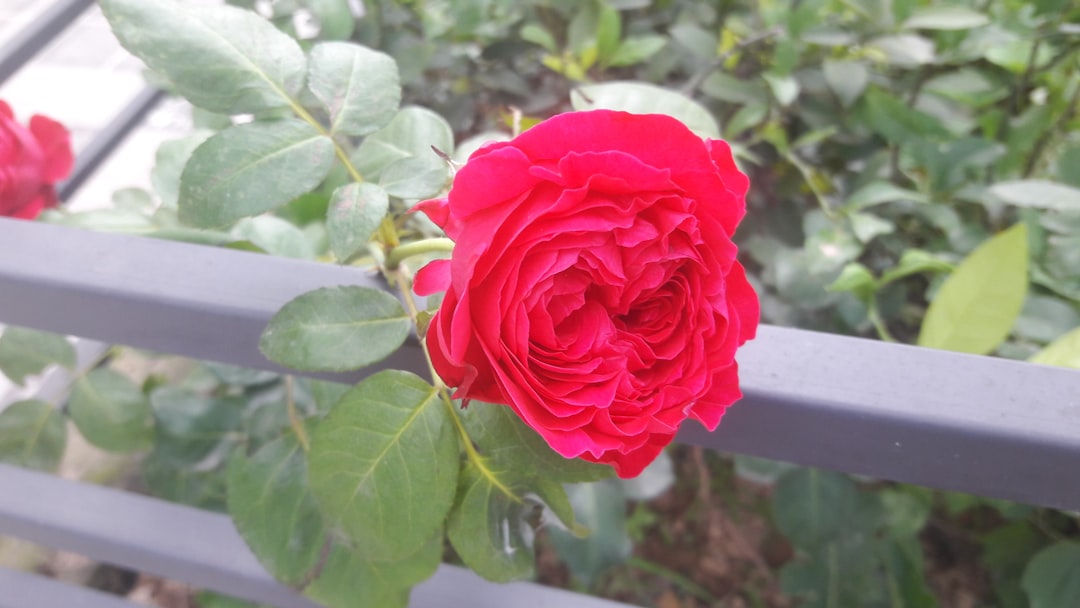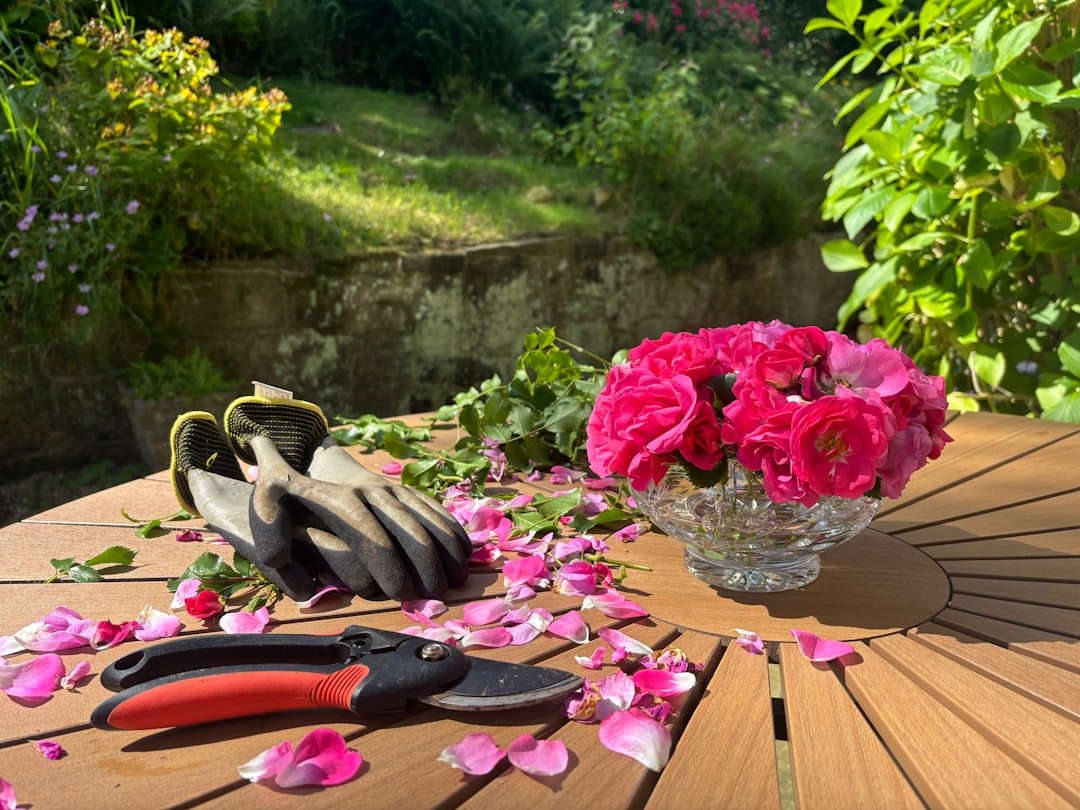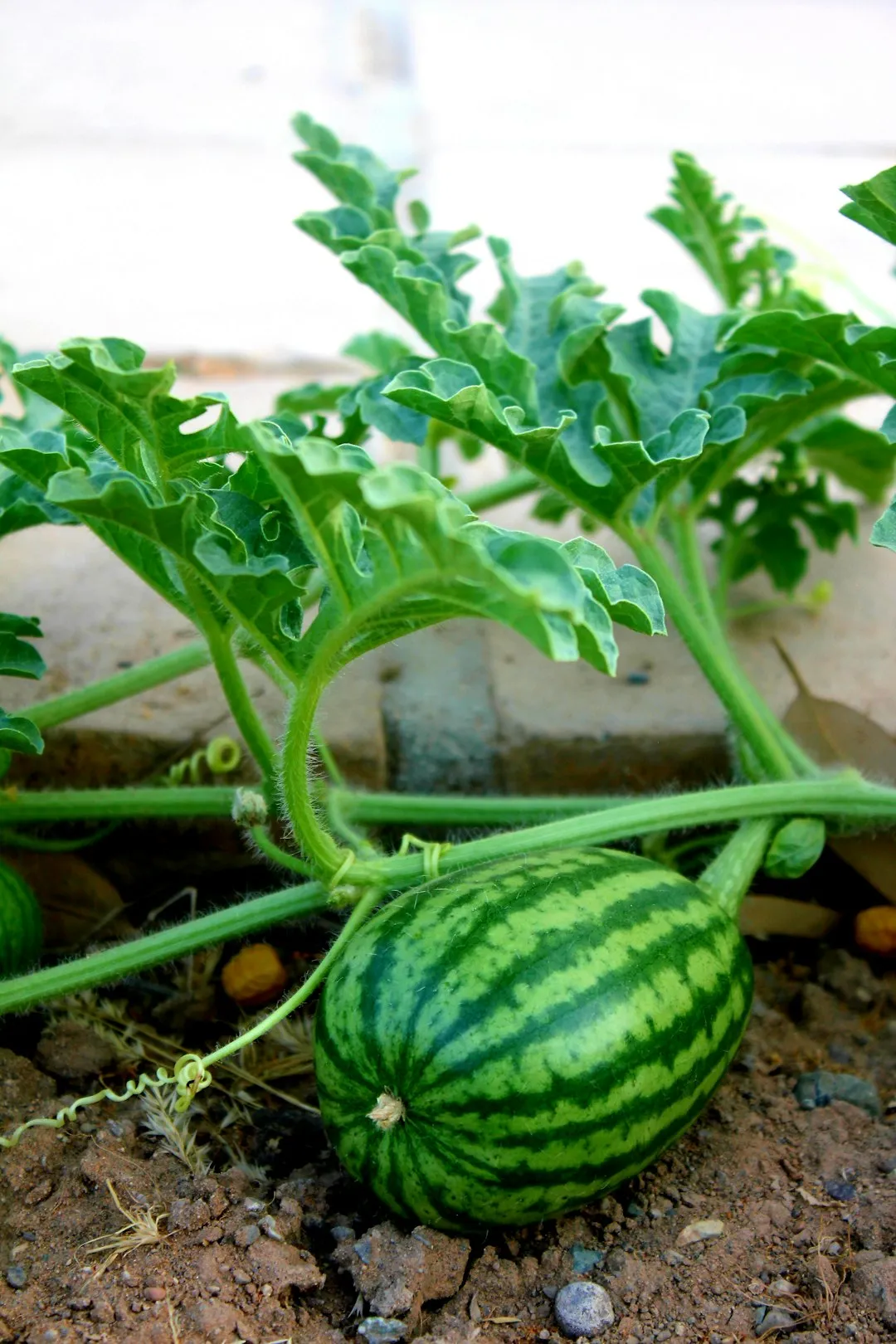When you're delving into the world of gardening, you often come across plant descriptions that mention the need for “full sun.” But what exactly does this term entail? Understanding the concept of full sun is crucial for the success of your garden, as it directly impacts the growth and health of your plants.
Full sun typically refers to an area that receives at least six hours of direct sunlight per day. This sunlight is essential for photosynthesis, the process by which plants convert light energy into chemical energy to fuel their growth. Without an adequate amount of sunlight, plants may struggle to thrive, resulting in weak stems, poor flowering, and reduced fruit production.
It's important to note that the intensity of sunlight can vary depending on your location, the time of year, and the specific microclimate of your garden. In some regions, the sun may be more intense, while in others, it may be filtered through clouds or shade from nearby trees or buildings. Additionally, the angle of the sun changes throughout the year, which can affect the amount of sunlight that reaches your plants.
To determine if an area in your garden receives full sun, observe it throughout the day. Look for areas that are exposed to direct sunlight for at least six hours, preferably during the morning and early afternoon when the sun is at its strongest. You can also use a sunlight meter or a smartphone app to measure the amount of sunlight in different areas of your garden.
Once you've identified areas of full sun in your garden, it's time to choose the right plants for these conditions. There are many types of plants that thrive in full sun, including annuals, perennials, shrubs, and trees. Here are some examples of popular full-sun plants:
- Petunias: These colorful annuals are known for their vibrant blooms and are a popular choice for hanging baskets, window boxes, and flower beds. They come in a wide range of colors, including pink, purple, red, white, and yellow.
- Marigolds: Another popular annual, marigolds are easy to grow and produce bright, cheerful flowers. They are also known for their pest-repellent properties, making them a great addition to any garden.
- Daylilies: These perennials are known for their beautiful, trumpet-shaped flowers that come in a variety of colors, including orange, yellow, pink, and red. They are hardy and easy to care for, making them a popular choice for beginner gardeners.
- Rosemary: This fragrant herb is a popular choice for cooking and is also known for its medicinal properties. It thrives in full sun and well-drained soil and can be grown in containers or in the ground.
- Lavender: This aromatic herb is known for its beautiful purple flowers and calming fragrance. It thrives in full sun and well-drained soil and is a popular choice for gardens, borders, and containers.
- Hydrangeas: These shrubs are known for their large, showy flowers that come in a variety of colors, including blue, pink, purple, and white. They prefer partial shade but can tolerate full sun if they are provided with adequate moisture.
- Maple Trees: These deciduous trees are known for their beautiful fall foliage and are a popular choice for landscaping. They thrive in full sun and well-drained soil and can grow to be quite large, so make sure you have enough space for them.
When planting full-sun plants, it's important to prepare the soil properly. Full-sun plants typically prefer well-drained soil that is rich in organic matter. You can improve the soil quality by adding compost, manure, or other organic amendments. It's also important to water your plants regularly, especially during hot, dry weather. However, be careful not to overwater them, as this can lead to root rot and other problems.
In addition to choosing the right plants and preparing the soil, it's also important to provide your plants with the right care and maintenance. This includes pruning, fertilizing, and pest control. Regular pruning helps to keep your plants healthy and looking their best, while fertilizing provides them with the nutrients they need to grow and thrive. Pest control is also important to prevent damage to your plants from insects, diseases, and other pests.
In conclusion, understanding the concept of full sun is essential for the success of your garden. By choosing the right plants, preparing the soil properly, and providing your plants with the right care and maintenance, you can create a beautiful and thriving garden that will provide you with years of enjoyment. So, go ahead and start exploring the world of full-sun gardening today!

